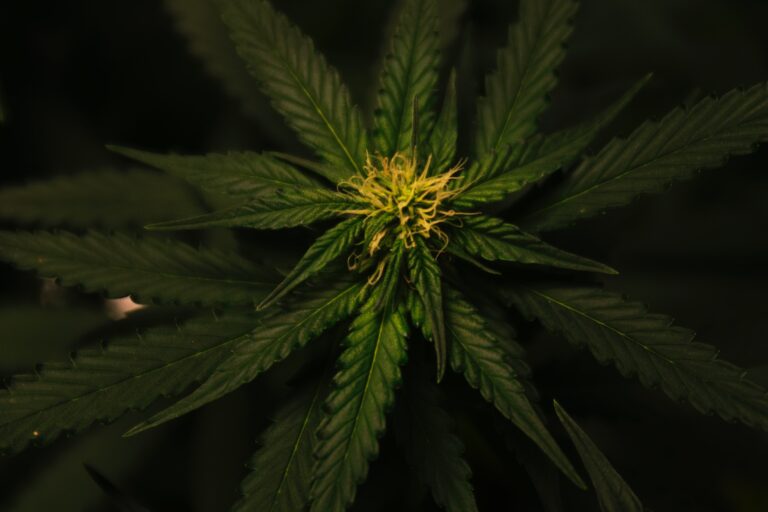What is the legal status of cannabis in Argentina?
In Argentina, the consumption of cannabis for personal use is decriminalized. This means that individuals who possess small amounts of marijuana for personal consumption are not subject to criminal penalties. However, the sale, distribution, and cultivation of cannabis remain illegal. In 2017, Argentina legalized medical marijuana, allowing patients with certain conditions to access cannabis-derived products under a doctor’s prescription.
What is the public opinion on cannabis in Argentina?
Public opinion on cannabis in Argentina is relatively progressive compared to other Latin American countries. A 2016 survey conducted by the Argentine Drug Observatory revealed that 67% of the population supports the decriminalization of cannabis for personal use. Additionally, the same study found that 83% of Argentinians are in favor of medical marijuana legalization. This progressive attitude is reflected in the country’s policies and legislation, such as the 2009 Supreme Court ruling that decriminalized personal consumption and the 2017 medical marijuana law.
How are cannabis laws enforced and what are the penalties in Argentina?
While personal consumption of cannabis is decriminalized in Argentina, penalties for the sale, distribution, and cultivation of the substance remain in place. The penalties for these offenses can vary, but generally include fines, community service, and in some cases, imprisonment. For example, those found guilty of cultivating cannabis plants may face a prison sentence ranging from 4 to 15 years, depending on the circumstances.
Despite the decriminalization of personal consumption, the possession of large quantities of cannabis can still result in criminal charges, as it may be considered as evidence of an intent to distribute. Additionally, law enforcement agencies may target those who use cannabis in public places or in the presence of minors.
What terminology is used for cannabis in Argentina?
In Argentina, cannabis is commonly referred to as marihuana or porro. The latter term is slang for a marijuana cigarette or joint. Other popular slang terms include faso, churro, and canuto.
Is CBD legal in Argentina?
CBD, or cannabidiol, is legal in Argentina for medical use. Under the 2017 medical marijuana law, patients with specific conditions, such as epilepsy, can access CBD oil and other cannabis-derived products with a doctor’s prescription. However, CBD products are not yet widely available in the country, and many patients rely on imported products or personal cultivation to access CBD.
Is medical marijuana legal in Argentina?
Yes, medical marijuana is legal in Argentina. In 2017, the country passed a law allowing patients with certain medical conditions, such as epilepsy and chronic pain, to access cannabis-derived products under a doctor’s prescription. This law also permits the importation of cannabis products for medical use, as well as the cultivation and production of medical marijuana by authorized organizations.
Is it legal to grow marijuana in Argentina?
While personal consumption of marijuana is decriminalized in Argentina, the cultivation of cannabis plants remains illegal. Those found guilty of cultivating marijuana may face prison sentences ranging from 4 to 15 years, depending on the circumstances. However, some medical marijuana patients and advocacy groups have pushed for the right to grow their own cannabis plants for personal use, arguing that the current laws create unnecessary barriers to accessing medicine.
What are some helpful links and government resources regarding cannabis laws in Argentina?
- The Secretariat for Comprehensive Drug Policies (SEDRONAR) – This government agency is responsible for coordinating drug policies in Argentina, including those related to cannabis.
- Argentine Drug Observatory – This organization conducts research and analysis on drug use and drug policies in Argentina, including studies on public opinion regarding cannabis.
- Law 27.350 (in Spanish) – This is the official text of Argentina’s medical marijuana law, which was passed in 2017.
